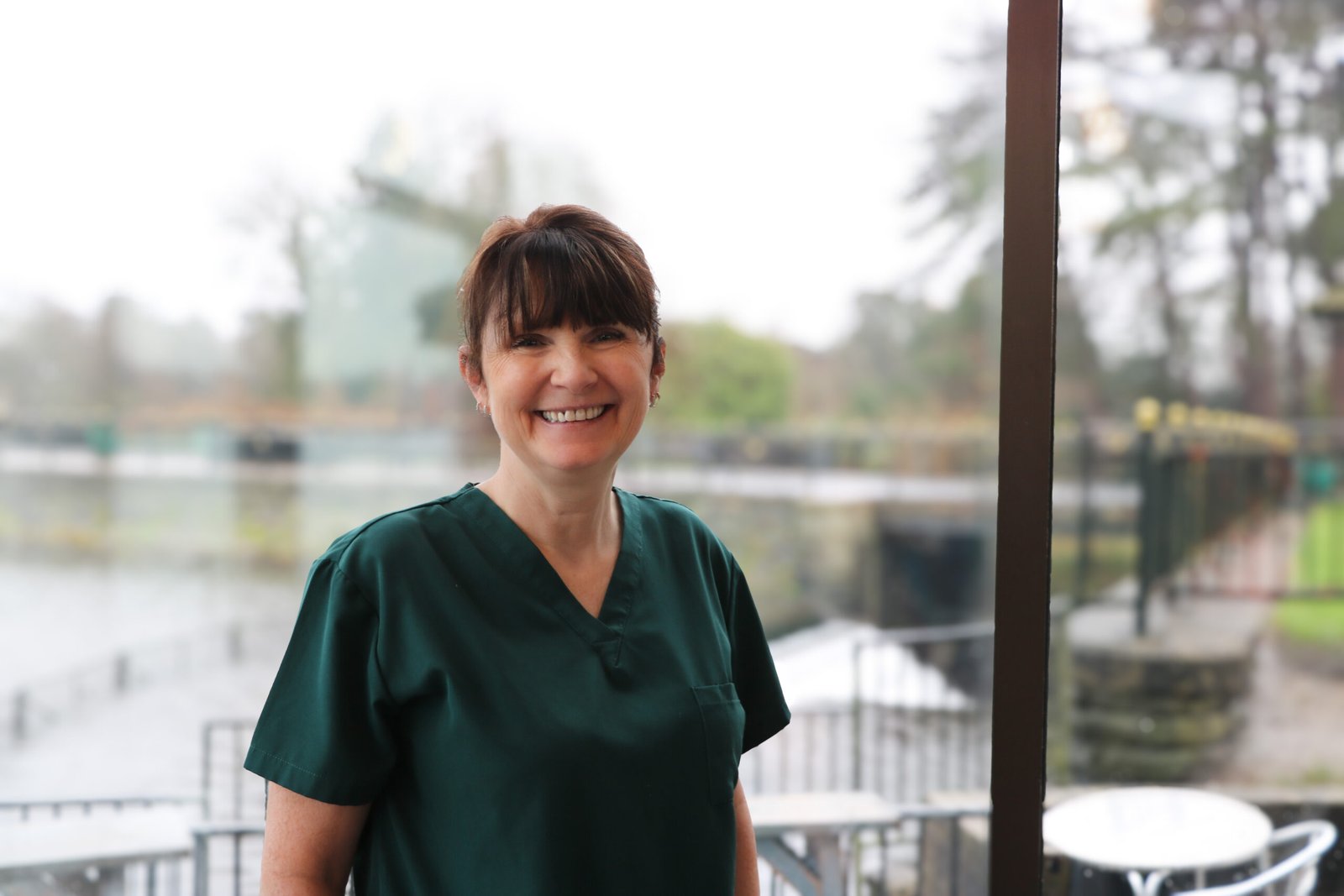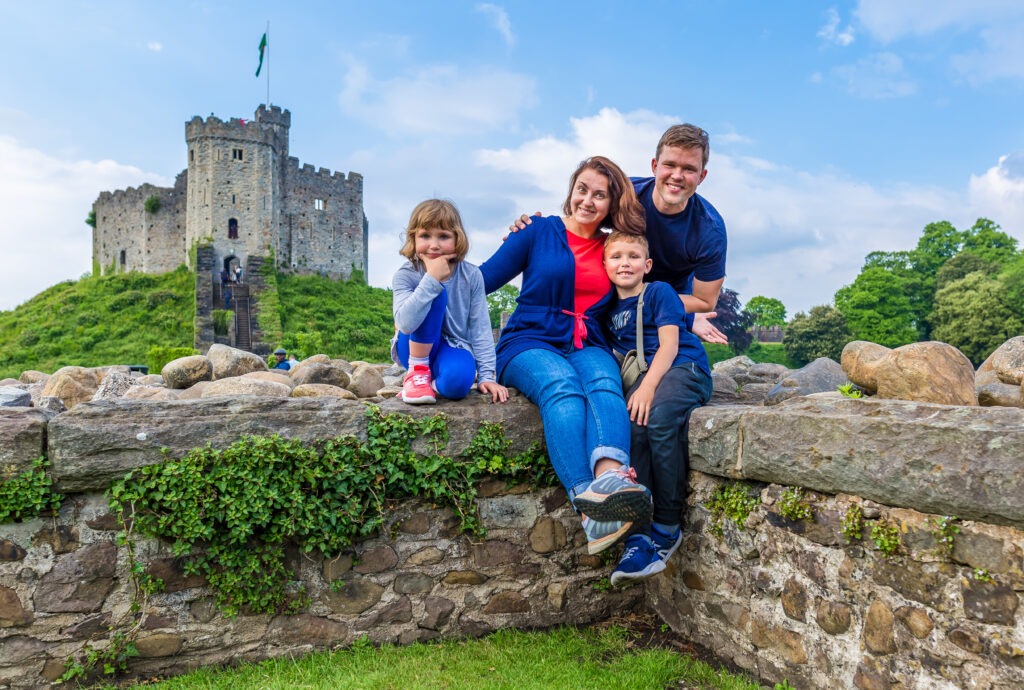ASH Wales is calling for Welsh Government to protect children’s health by banning smoking in Welsh beer gardens. It wants …

Tiffany, 54, has lived in Cardiff all her life and now calls Llanishen home. She works as a …
Tiffany, 54, has lived in Cardiff all her life and now calls Llanishen home. She works as a …
John Weatherbed from Newport was just 14 years old when he smoked his first cigarette. Like many people …
The Senedd has voted to support the Legislative Consent Motion for the Tobacco and Vapes Bill, marking a …
The Wales Tobacco Control Alliance is calling on Members of the Senedd to back the Legislative Consent Motion …
New findings from ASH Wales’ Annual Adult Population Survey 2025 show strong public support for tougher tobacco laws …
Parents and carers across Wales are facing new challenges when it comes to nicotine. Whether it’s disposable vapes, …
Second-hand smoke (SHS), also known as passive smoking, is the smoke breathed in from someone else’s cigarette, cigar, or pipe. It’s a mixture of the smoke exhaled by a smoker and the smoke from the burning end of the cigarette. Exposure to second-hand smoke can have serious health consequences, even for those who have never smoked themselves.
In Wales, progress has been made with laws protecting people in public spaces, but SHS exposure continues to impact families, especially children, in homes and cars where smoking still occurs.
Second-hand smoke contains over 7,000 chemicals, many of which are toxic and around 70 of which can cause cancer. Despite growing awareness, SHS remains a significant public health issue, particularly for vulnerable groups like children, pregnant women, and those with existing health conditions.
Even brief exposure can have harmful effects, and long-term exposure significantly increases the risk of serious illnesses.
Children exposed to SHS are at a higher risk of serious health problems, including:
Increased likelihood of ear infections, asthma, and chest infections.
Greater risk of sudden infant death syndrome (SIDS).
Higher chances of long-term respiratory issues and developmental problems.
Long-term exposure to SHS can lead to chronic health issues, such as:
Heart disease and stroke.
Lung cancer and other respiratory illnesses.
Increased risk of developing asthma in children and worsening symptoms in those who already have it.
Children from lower-income households are more likely to be exposed to second-hand smoke, contributing to lifelong health inequalities. Ensuring smokefree environments can help level the playing field and protect vulnerable children from preventable harm.
Wales has been a leader in smoke-free initiatives, taking significant steps to protect public health:
2007: Wales introduced the smoke-free public places law, banning smoking in indoor public spaces and workplaces.
2015: Smoking in cars carrying children was banned to protect young passengers from exposure.
2021: Smoke-free hospital grounds, school grounds, playgrounds, and outdoor care settings for children were introduced, further limiting public exposure to second-hand smoke.
These regulations have contributed to a significant reduction in public exposure and have helped shift societal norms around smoking, especially in spaces shared with children and families.
Support for quitting smoking, including free services and expert advice.
Overview of health risks linked to passive smoking.
Cancer Research – What Is Passive Smoking?
Information on how second-hand smoke affects other people and how to prevent exposure.
ASH Wales is calling for Welsh Government to protect children’s health by banning smoking in Welsh beer gardens. It wants …
As Wales’ lockdown continues, health campaigners have warned that children are being exposed to dangerous levels of second-hand smoke in …
Before the introduction of a Smokefree School Gates policy at Malpas Court Primary School, parents would gather from 3pm onwards …
Second-hand smoke (also known as passive smoke) is one of the biggest causes of lung cancer in people who have …
NEW figures on smoking in Wales reveal renters are the most likely to smoke, leading to calls for more support …
Your support helps us create impactful campaigns and provide free resources to schools and communities across Wales. Every donation brings us closer to a smoke-free generation.
